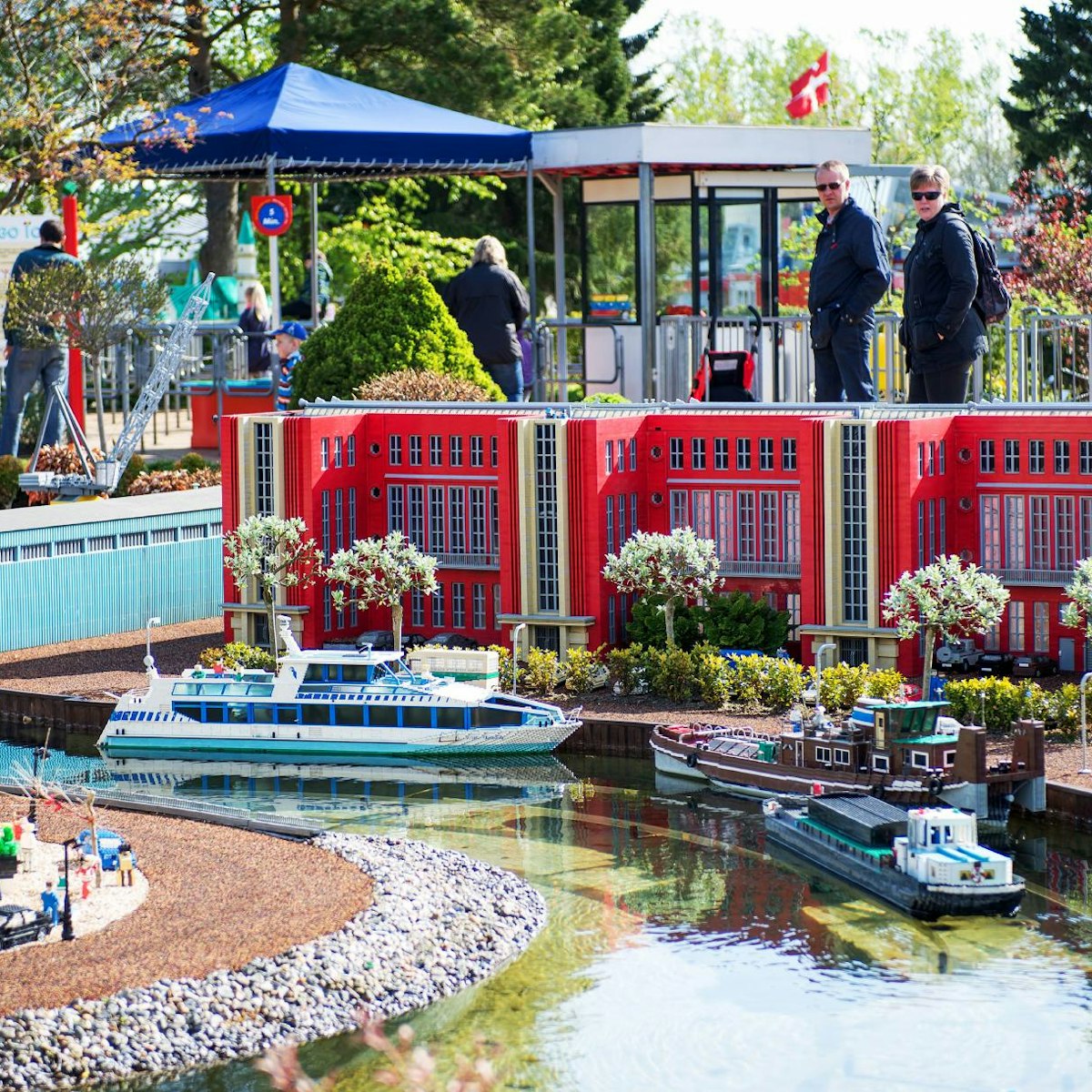Some 16km south of Kolding is the small town of Christiansfeld – an under-the-radar place that in 2015 was awarded Unesco World Heritage status for its unique history and architecture.
Christiansfeld was founded in 1773 as a planned settlement of the Moravian Church (a non-conformist Lutheran congregation from Germany). The town was designed to represent the Protestant urban ideal, centred around a simple church square. The architecture is homogenous, the yellow-brick buildings unadorned.
The democratic organisation of the Moravian Church, with its pioneering egalitarian philosophy, is expressed in its humanistic town planning, and buildings were constructed as communal houses for the society's widows, for example. Many buildings are still owned by the local Moravian community.
There's a good visitor centre across from the church; it can give you an overview of what makes this town special – pick up a walking map outlining the buildings and their functions. And be sure to sample the town's other claim to fame: its delicious honey cake (honningkage), sold in the central bakeries.
Take Rte 170 south from Kolding, or bus 34.







